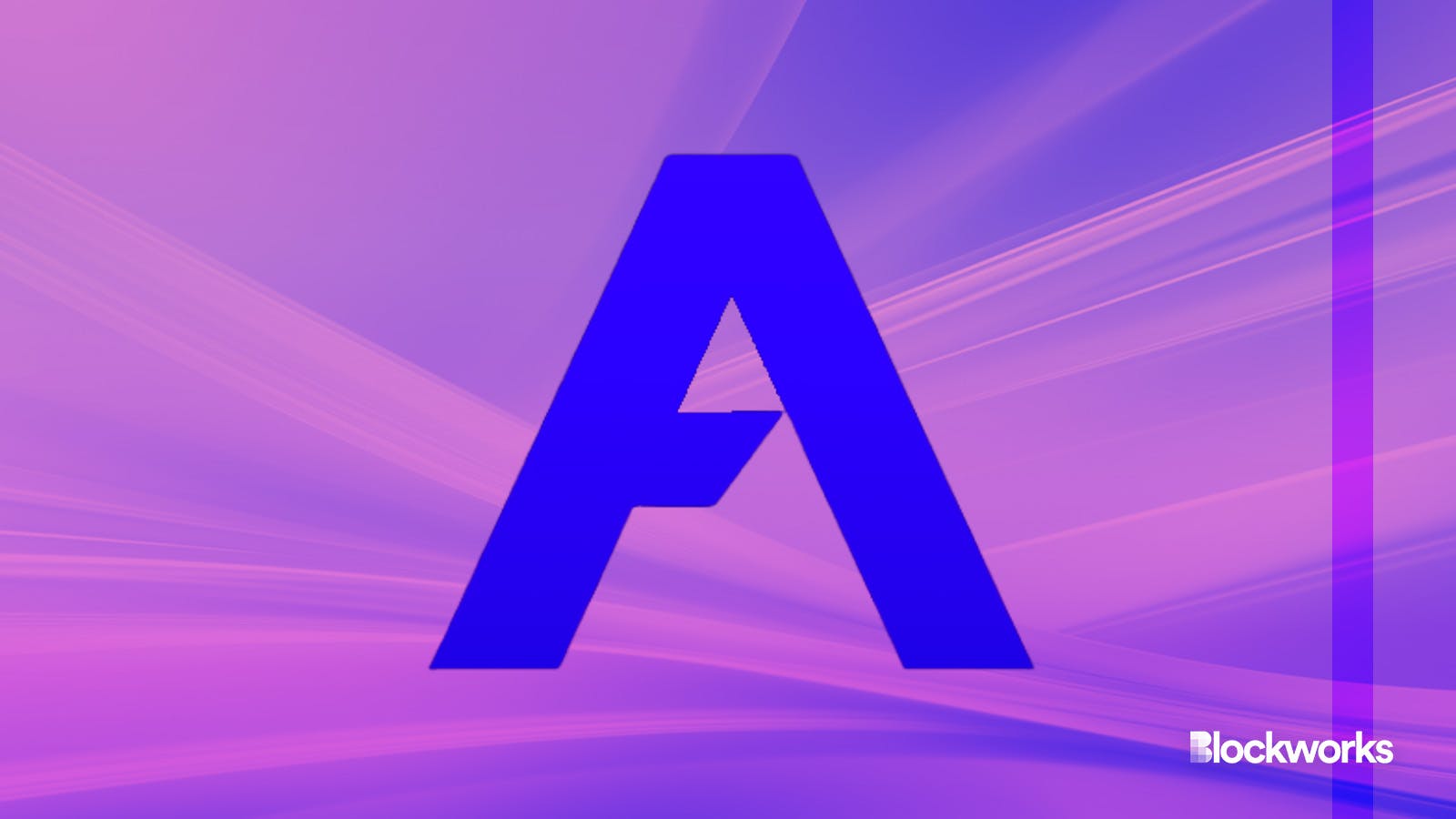Karak wants to introduce ‘universal restaking’ for everyone
Users using Karak will be able to restake any asset on any chain, Karak founders explain

Andalusia Labs and Adobe Stock modified by Blockworks
A universal restaking layer designed by the Andalusia Labs team has emerged from stealth to launch its mainnet today. Karak is the universal restaking layer that makes it easy to provide crypto-economic security with any asset, and unlocks a new design space for developers to seamlessly and securely create innovative infrastructure designs.
The company is based in San Francisco and Abu Dhabi. It previously raised $50 million at a $1 billion valuation from investors including Coinbase, Mubadala — an Abu Dhabi Sovereign Wealth Fund — Lightspeed, Bain Capital, Pantera Capital, Framework Ventures and others.
Raouf Ben-Har, the co-founder of Karak, told Blockworks that Karak was created to solve the problem of fragmented crypto-economic security in the space, which was preventing startups from finding initial success with their projects.
Read more: Q&A: What will the Bitcoin halving mean for Bitcoin L2s?
“They were struggling to bootstrap their own economic security and suffered from highly dilutive reward mechanisms, which was unfortunate, especially for critical infrastructure like bridges, oracles and other infrastructure layers,” Ben-Har said.
For this reason, Ben-Har and his co-founder Drew Patel decided to create a universal layer of trust applicable across any software. This would enable developers to bypass the need to start from scratch and avoid being confined exclusively to Ethereum for security measures.
“We envisioned Karak as the key to unlocking this new era of innovation. Similar to how AWS made it easy and affordable for developers to access and build on the cloud, we wanted to make it easy and affordable for developers to access and build on any trust network,” he said.
Read more: Nirvana Cloud debuts as blockchain-optimized alternative to AWS and Google Cloud
According to Patel, there are similarities between EigenLayer and Karak, in the sense that both teams are building a staking protocol that enables other projects to access economic security to infrastructure layers.
“Similar to EigenLayer, Karak has its own version of AVSs dubbed Validation-as-a-Service, or VaaS,” Patel said. “However, unlike EigenLayer, which enshrines itself solely on Ethereum, Karak introduces this idea of universal security, or restaking for everyone, where anyone can provide crypto-economics with any asset on any chain.”
Ben-Har remarks that the security of a restaked protocol is often measured by the dollars that underlie its economic security. With Karak, this means that these dollars can be provided by assets beyond ETH without compromising security.
“Many assets have lower opportunity costs versus ETH, meaning the [VaaS] has an easier and much more viable path to sustainable yields,” Ben-Har said.
Read more: Restaking is a ticking time bomb
Ben-Har explains that in an ETH-only environment, the AVS would have to compete against every ETH yield opportunity with a new, novel risk profile — something that is not sustainable without airdrop speculation.
“There are billions of untapped assets, like stTIA, ARB, and many others, with very few yield opportunities to create sustainable flywheels for VaaS building in their ecosystem,” he said. “Each ecosystem is different and has its own unique protocols that will create different VaaSs designed on top of their assets. There is no one-size-fits-all for every chain.”
The team notes that they are currently experimenting with different ways to use the xERC20 standard and various message bridges to reduce liquidity fragmentation across liquid restaked tokens. They hope that this will allow them to create a universal liquidity layer across chains to alleviate supply-demand mismatches.
Updated April 9, 2024 at 9:05 am ET: Clarified to note that Karak is not a layer-2, but rather a restaking layer with K2 being built on top of it.
Get the news in your inbox. Explore Blockworks newsletters:
- The Breakdown: Decoding crypto and the markets. Daily.
- 0xResearch: Alpha in your inbox. Think like an analyst.






